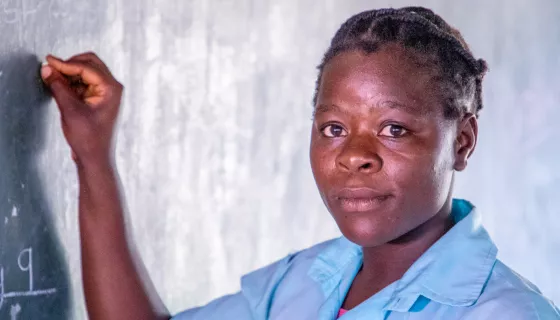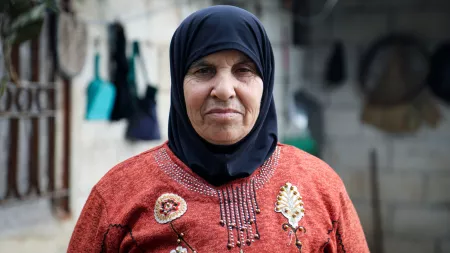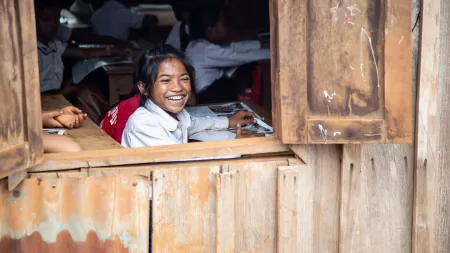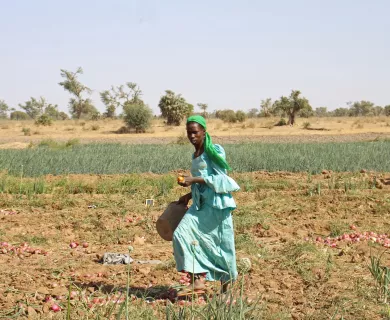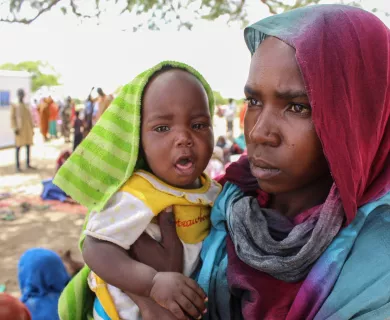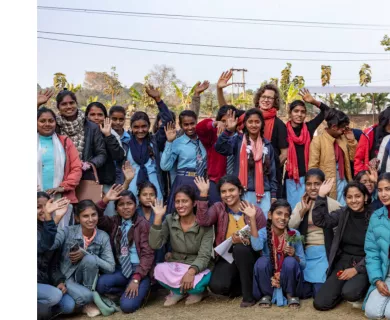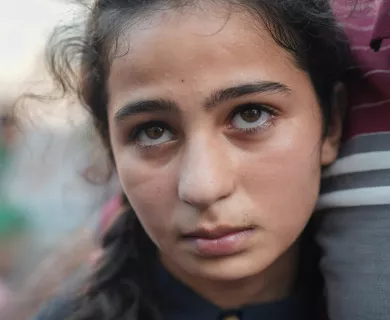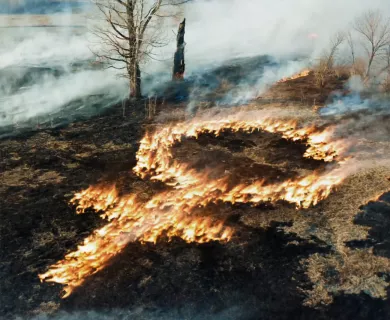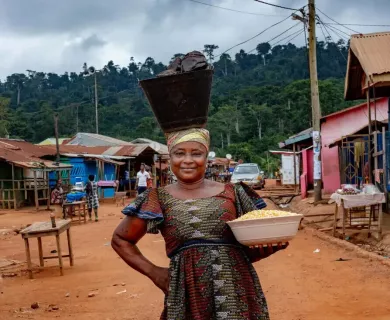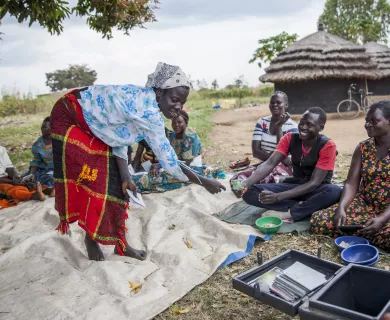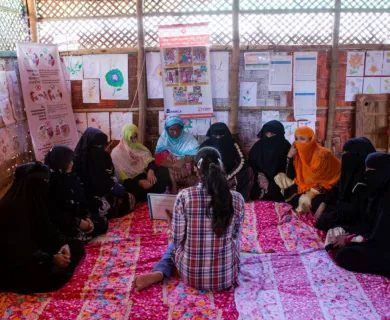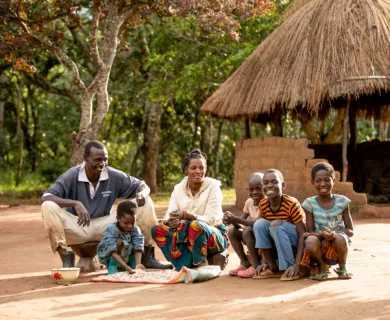Our focus on the rights of women and girls
CARE International’s expertise lies in our holistic and inclusive approach to tackling poverty and injustice. While CARE International works alongside people of all ages, backgrounds, and genders, 70% of the world’s poorest people are women. Women and girls experience poverty, hardship, climate, conflict, and health emergencies very differently to men, and require specialized approaches.
Responding to specific needs
While gender inequality is a key driver of poverty as well as one of the most widespread forms of injustice, when women are empowered, our evidence tells us that they bring their whole communities with them.
True gender equality encompasses intersectional issues such as race or disability that can further disadvantage certain groups of women, yet once achieved also leads to more scalable and sustainable prosperity.
CARE International places the specific needs and rights of women and girls at the heart of all we do. It reflects our practical approach to fighting poverty, the specific technical expertise we have gained as a diverse global network and plays a critical part of our identity as an organization grounded in gender equality and women’s empowerment.
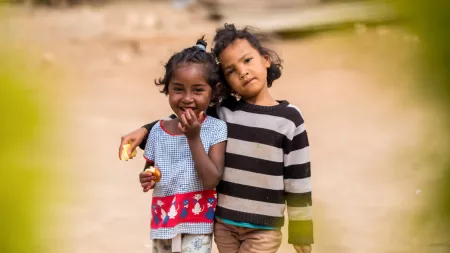
How does CARE International focus on women and girls?
Gender equality crosscuts all our developmental programming. Throughout our 75 years of experience, CARE has developed tools and methods to ensure we address the rights and needs of women and girls in all areas of our work.
CARE’s Gender Marker
CARE’s Gender Marker is a self-assessment program quality and learning tool. It measures the integration of gender into programming; from “harmful” to “transformative.”
The Gender Marker enables CARE International to track, improve on, and support more effective, gender integrated programming. It is designed to be used in combination with Monitoring, Evaluation, Accountability, and Learning systems to help our teams reflect and learn from the gendered approach of their work.
Rapid Gender Analysis
In times of crisis, women and girls face specific risks due to gender inequities that can be exacerbated at times of instability.
The Rapid Gender Analysis is used in crisis situations, where time is of the essence and resources are scarce. They are built up progressively, using a range of primary and secondary information to understand gender roles and relations and how these may change during a crisis. It informs practical programming and operational recommendations to meet the different needs of women, girls and other vulnerable groups.
